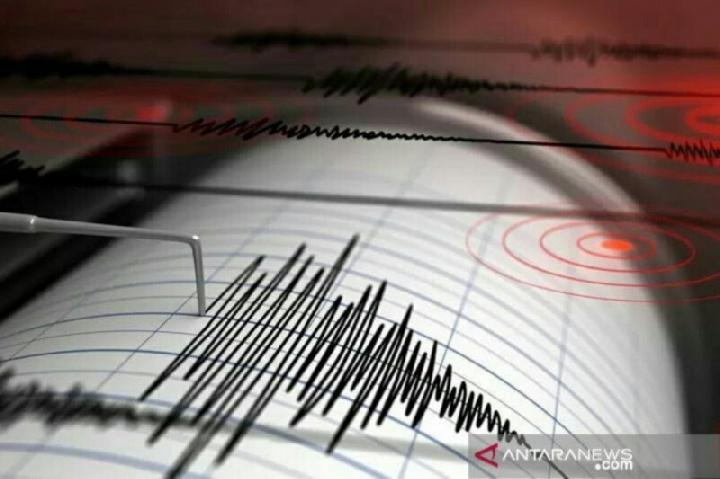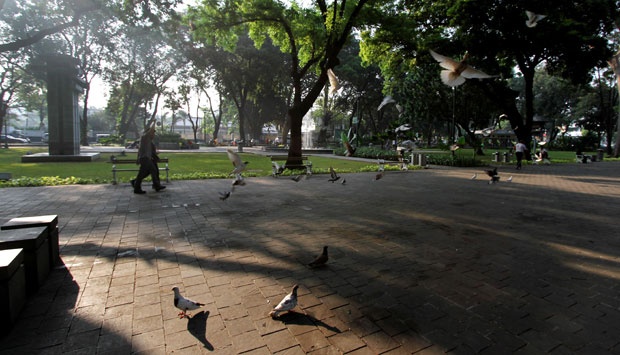BMKG Clarifies on Megathrust Earthquake Warning in Indonesia
Translator
Editor
15 August 2024 12:23 WIB

TEMPO.CO, Jakarta - Head of the Earthquake and Tsunami Center at the Meteorology, Climatology, and Geophysics Agency or BMKG, Daryono, provided clarification regarding the megathrust earthquake potential in the Sunda Strait and Mentawai-Siberut zones which he said was “just a matter of time.” According to him, the megathrust earthquake potential is not a new conversation, in fact, it has been discussed prior to the 2004 Aceh tsunami.
"The re-emergence of megathrust earthquake potential is not a form of early warning,” he said on Thursday, August 15, 2024. “It’s not like there will be a huge earthquake in the near future.”
According to Daryono, BMKG only reminded the existence of the Sunda Strait and Mentawai-Siberut Megathrust Zone as a potential “seismic gap” that could result in significant seismic events due to hundreds of years overdue.
The re-emergence of discussions about the potential for large earthquakes in the Sunda Strait and Mentawai-Siberut Megathrust zones, said Daryono, has nothing to do directly with the strong 7.1 magnitude earthquake that shook Miyazaki Prefecture in Japan.
The earthquake that triggered a small tsunami on August 8, 2024, raised concerns for scientists, state officials, and the general public in Japan about the potential for a major earthquake in the Nankai Megathrust zone.
"These events are the right moment to remind Indonesians about the earthquake potential in the Sunda Strait and Mentawai-Siberut seismic gap zones," he said.
From historical records, the last major earthquake in the Japanese Nankai Thrust occurred in 1946 with a seismic gap of 78 years. Meanwhile, the most recent major earthquake in the Sunda Strait occurred in 1757 with a seismic gap of 267 years. The last major earthquake in Mentawai-Siberut occurred in 1797 with a seismic gap of 227 years.
Meaning, that the seismic gaps in Indonesia are much longer compared to the Japanese Nankai Subduction, Daryono said. "So, we ought to take the mitigation efforts earnestly,”
Daryono said there is currently no science and technology that can accurately predict earthquakes in terms of time, location, and strength. "We don’t know when the earthquake will occur, despite knowing the potential,” he said.
BMKG advised Indonesian citizens to remain calm and carry out activities as normal. The agency is ready to provide accurate and swift earthquake information and early warning for tsunamis.
ANWAR SISWADI
Editor’s Choice: BMKG Warns of Potential Mega Earthquakes in Sunda Strait, Mentawai-Siberut
Click here to get the latest news updates from Tempo on Google News





















